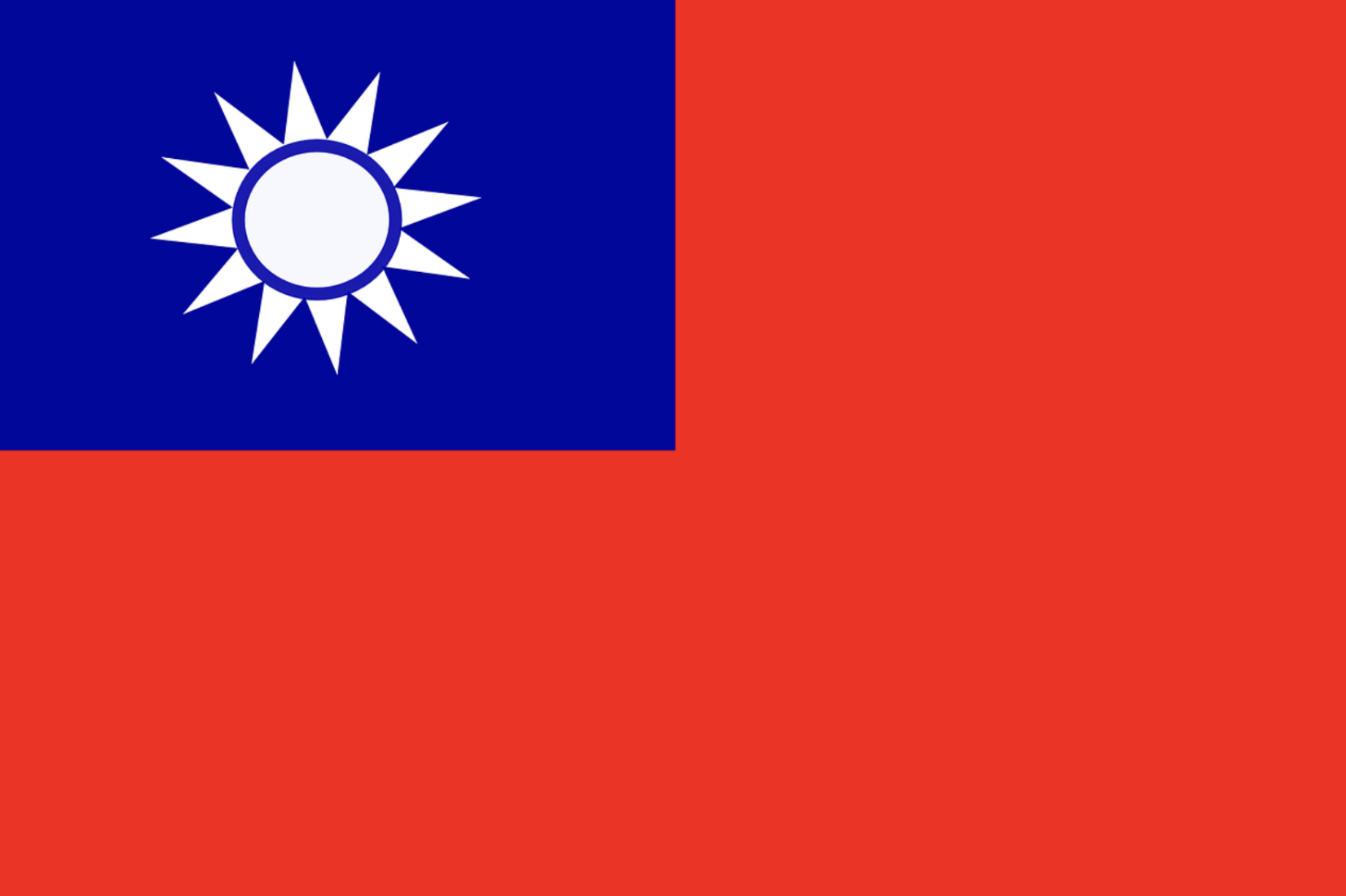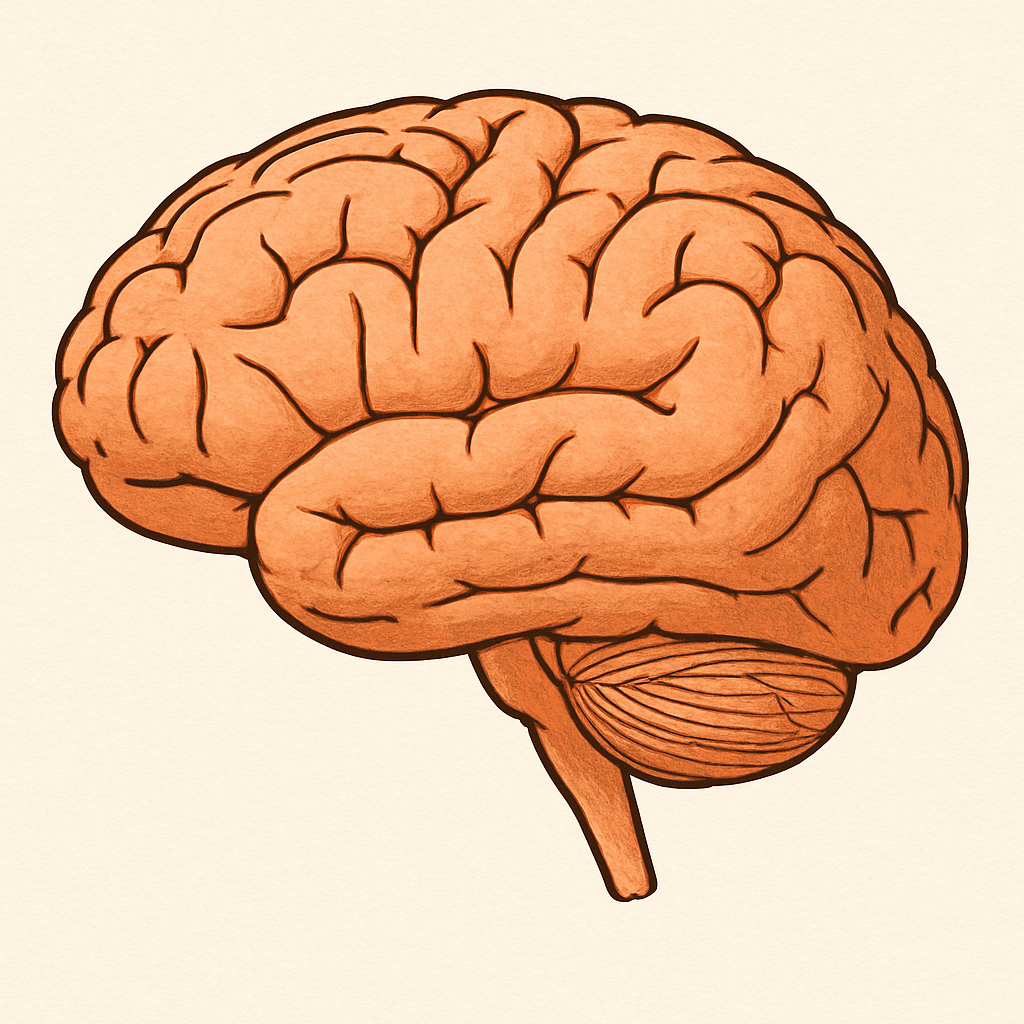
[객원 에디터 7기 / 이석현 기자] Since Lai Ching-te’s victory in Taiwan’s presidential election in January, cross-strait relations have been a focal point of geopolitical discussions worldwide. China has denounced him as a destabilizing force in cross-strait relations.
The Kuomintang (KMT) was a political party in mainland China since 1927 and relocated to Taiwan after its defeat in the Chinese Civil War. The name of the party translates to “China’s National People’s Party.” In opposition, the ruling Democratic Progressive Party (DPP) currently controls the presidency and the central government. Finally, the Taiwan People’s Party (TPP) is a new center-left party established in 2019 by former Taipei mayor Ko Wen-je who aimed to offer an alternative to the DPP and KMT.
Pan-Blue politicians have historically favored engagement with mainland China. In December, KMT Vice Chair Andrew Hsia visited Chengdu, Nanchang, Zhongshan, Xiamen and Chongqing. The city-to-city exchanges advocated by TPP’s Ko Wen-je further illustrate this dynamic.
China’s diplomatic maneuvers, including the poaching of Taiwan’s allies like Nauru, raise concerns about Taiwan’s international standing. Yet the island’s unofficial ties with Western countries, especially the United States, remain strong.
China’s tactics extend beyond diplomacy. Taiwan’s loss of hosting rights for the Asian Men’s U20 Volleyball Championship reflects Chinese pressure in international sporting competitions. China’s adjustment of flight routes near the Taiwan Strait further prompted rebuke from Taiwan and the United States for destabilizing regional security.
The recent rise in the number of Chinese military balloons flying over Taiwan’s airspace and a tragic boating accident near Kinmen further exacerbated tensions, underscoring the fragility of cross-strait relations. The current Tsai administration’s ban on Chinese group tours reflects the island’s firm stance.
While the post-election landscape in Taiwan presents challenges, it also offers opportunities for dialogue and cooperation. How Taiwan and China navigate these opportunities will shape the future of cross-strait relations for many years to come.
Sources: The Diplomat, AP News, Aljazeera, Foreign Policy





